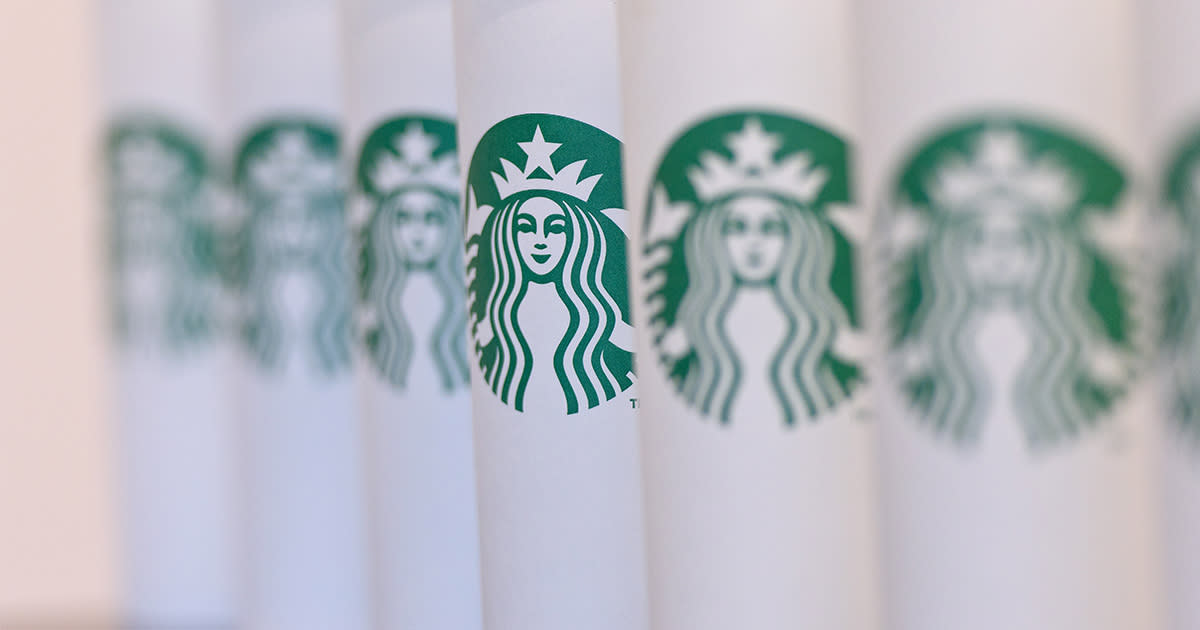People are boycotting Starbucks, and here’s why
In the face of the resistance to the Executive Order by President Trump to ban Muslim refugees from entering America, supporters of Trump are boycotting Starbucks. The reason? Because Starbucks announced that across the space of five years it would be hire 10,000 refugees.
In an open letter, Starbucks CEO Howard Schultz announced four specific actions to combat Trump’s order, which some are calling unconstitutional. In the letter, Schultz outlined that Starbucks planned to support Deferred Action for Childhood Arrivals (DACA), invest in the Mexican market, and solidified their plans to continue to offer staff health insurance.
However, it was Schultz’s commitment to refugees that made headlines.
“We have a long history of hiring young people looking for opportunities and a pathway to a new life around the world. This is why we are doubling down on this commitment by working with our equity market employees as well as joint venture and licensed market partners in a concerted effort to welcome and seek opportunities for those fleeing war, violence, persecution and discrimination,” he wrote.
Starbucks CEO responds to Trump's Executive Order with plans to hire 10,000 Refugees over 5 years in 75 countries https://t.co/2PKfByzqzp pic.twitter.com/BCqz6fIimu
— Kyle Griffin (@kylegriffin1) January 29, 2017
In the letter, Schultz said that the company planned to “hire 10,000 [refugees] over five years in the 75 countries around the world where Starbucks does business.” He also noted that those efforts would begin in the United States, especially focused on people who served alongside the U.S. military as interpreters or support workers when the country has asked for their support.
Despite this, however, fans of President Trump’s “Muslim ban” have taken to social media to #BoycottStarbucks.
Conservatives took to Twitter to lament Schultz’s letter, incorrectly assuming that the CEO’s efforts were focused solely on the United States.
We must inform Starbucks that it is unacceptable to hire 10,000 refugees when those jobs could easily go to Americans. #BoycottStarbucks
— Conservative (@jamesesavengers) January 30, 2017
Y'all really trying to #BoycottStarbucks for trying to help out people in need? Didn't y'all want Starbucks to practice Christian values?
— Samuel Davis
(@SamDavis1997) January 30, 2017
Strange to see all the "I can't afford college or birth control" people bragging about their $5 cups of coffee. #BoycottStarbucks
— Leah the Boss (@LeahRBoss) January 30, 2017
I shredded my @Starbucks "Gold card", now I just deleted my app! Never again! #BoycottStarbucks, over 1k that I spend there annually, GONE!! pic.twitter.com/SfuuUBbI60
— Build The Wall!
(@TheBeat_Boss) January 31, 2017
Some people took ire to what looked like Starbuck’s brazen opposition to President Trump’s orders.
Dont you realize your president is trying to keep you safe, thats all. Your job is to sell coffee so shut the hell up! #BoycottStarbucks
— Unite America (@Ris1Scott) January 30, 2017
#starbucks Why don't you hire the vets instead of refugees who might really ruin your business? #BoycottStarbucks
— Marilynn Randall (@emjayr1942) January 30, 2017
Starbucks announces plans to hire 1000s of refugees, sending a big F-U to American workers. #BoycottStarbucks
— Pete Kent (@PeteKent01) January 30, 2017
Anyone else sick of @Starbucks CEO's pushing HIS political agenda through our coffee and down our throats?#BoycottStarbucks pic.twitter.com/nKZCzbZknA
— McQ (@cultcommoncore) January 30, 2017
Despite the backlash, however, many people pointed out that Starbucks’ move to hire 10,000 refugees was actually a global initiative.
Starbucks will hire refugees IN ADDITION TO Americans, not instead of. I support their efforts. #BoycottStarbucks
— Joy N. (@joyful_678) January 30, 2017
Indeed, many came out to support the coffee chain and its decision.
oh thank god conservatives are gonna #BoycottStarbucks. the line at the one by my work gets ridiculous. nice to trim the fat.
— abdul
(@Advil) January 30, 2017
It's funny how the unemployed American homeless and veterans only seem to matter when refugees are being hired #boycottstarbucks
— renee (@izavis2) January 30, 2017
Oh God, why is #BoycottStarbucks trending?
…Oh! Starbucks plans to give refugees jobs. Good on you, Starbucks!— Patrick (@PhantomRoxas) January 30, 2017
Kudos- @Starbucks CEO commits to hire 10,000 refugees.
To those tweeting #boycottstarbucks, simple question; do you nazis even like coffee?— David Yankovich (@DavidYankovich) January 30, 2017
There is a #boycottStarbucks going around because they’re pledging to hire refugees, you know what that means? time to get some Starbucks
— Shafeeq Younus (@Y2SHAF) January 30, 2017
People also noted all the good things that Starbucks is involved in, too, starting the hashtag #DrinkStarbucksToFightBigotry.
#DrinkStarbucksToFightBigotry because why tf would you boycott Starbucks when they're hiring refugees
— Little Monster (@regiicerocks) January 31, 2017
Starbucks hires thousands of vets, pays the tuition for spouse and children of vets to attend college. #DrinkStarbucksToFightBigotry
— Lenabenas (@lenabenas21) January 31, 2017
Wait, Trump supporters are pissed off and want to #BoycottStarbucks? I'm suddenly craving a Caramel Machiato. #DrinkStarbucksToFightBigotry pic.twitter.com/e8MqlwTWi1
— Truth Reigns (@FrReigns) January 31, 2017
I was trying to save money by cutting down on coffee. I've decided to cut spending elsewhere#DrinkStarbucksToFightBigotry
— Brian Stawowy (@BrianStawowy) January 30, 2017
It’s encouraging to see a company as ubiquitous as Starbucks making decisions that can help those in the world who most need it. And while it might seem that the next four years might be a bit overwhelming, there are many things that people can do to keep on fighting against injustice and bigotry.


